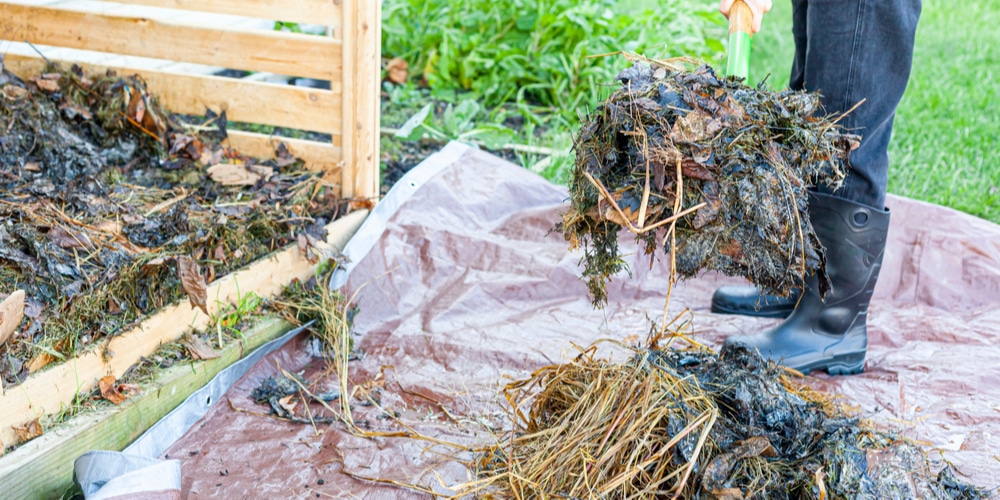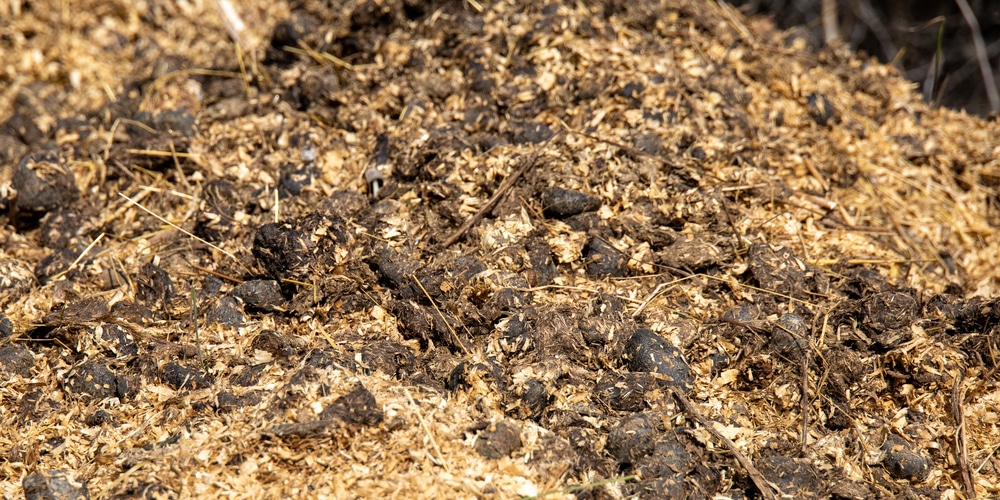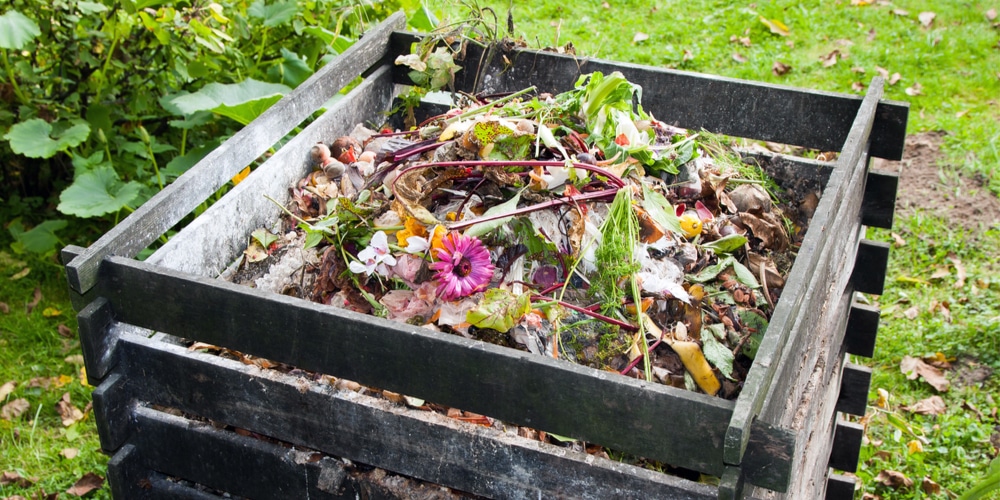Composting is a great way to make use of waste organic matter while making free fertilizer for your garden. Whether you prefer hot composting for speedy results or have enough time to let compost “happen” on its own, you can be sure to get high-quality, nutrient-rich compost.
That said, while there is no right or wrong way to compost, when it comes to building your compost pile, you want to be keen on what goes into the pile and avoid anything that might cause your compost not to break down.
If you are composting for the first time, you might be contemplating the idea of whether to cover your compost. Well, while it is recommended to leave compost piles uncovered, there are situations when it makes perfect sense to contain your compost with a cover.
Here is what you need to know about composting.
To cover or not to cover?
Many factors, including your region and what kind of composting systems you are using, can affect your compost pile. These factors help determine whether or not to cover your compost pile.
In most cases, an unfinished compost pile doesn’t need to be covered. Air and water are key to composting, just as is a good mix of browns to greens. Covering your compost pile could impede aeration and trap too much moisture, interfering with composting, which can cause your pile to become a stinky, anaerobic mess.
However, there are certain compost systems built with optimal airflow and often come with a lid. If you are using such compost systems, it is a good idea to use the lid because the system most likely needs the lid in place to work effectively.
When is covering your compost pile necessary?
For composting to occur effectively, only four ingredients are required: air, water, carbon, and nitrogen. Clearly, covering is not key to the process. So, shy should you cover your compost pile?
Here are a few reasons to cover your compost pile:
1. To protect the pile from too much rain
If you live in a region that receives too much rainfall, covering your compost pile can keep it from getting waterlogged.
Of significance, while it is always great when your pile gets watered naturally, it shouldn’t get overly wet. Too much water will fill the spaces needed for airflow, which eventually causes the beneficial bacteria that break things down to die from lack of oxygen.
Covering compost piles in rainy regions ensures the life of the useful bacteria, sustaining composting even in unfavorable weather.
2. To keep the compost from drying
If you are trying to compost during summer, you may need to cover your compost to prevent it from drying out. Typically, compost materials need to be 40-60% water. Extreme temperatures can cause significantly lower the moisture content, interfering with the composting process.
3. To keep the compost pile warm
During the winter, decomposing happens relatively slowly due to temperature drops. Although you can’t control weather and temperature, covering your compost pile during this time of the year can keep the compost ingredients from freezing and help retain some heat so that composting continues.
4. To keep raccoons and other unwanted critters away
Food waste makes a larger part of a well-balanced compost pile. Unfortunately, leaving food scraps uncovered can attract wild animals.
Using a cover can prevent incidents of raccoons and other animals making your yard their home.
Conclusion
Whether or not to cover depends on a few things. Generally, you should cover the pile to protect against anything threatening to slow down or stop composting.
Hopefully, this post helps you make an informed decision regarding covering your compost pile.
Related article: Can Weeds Be Composted?


